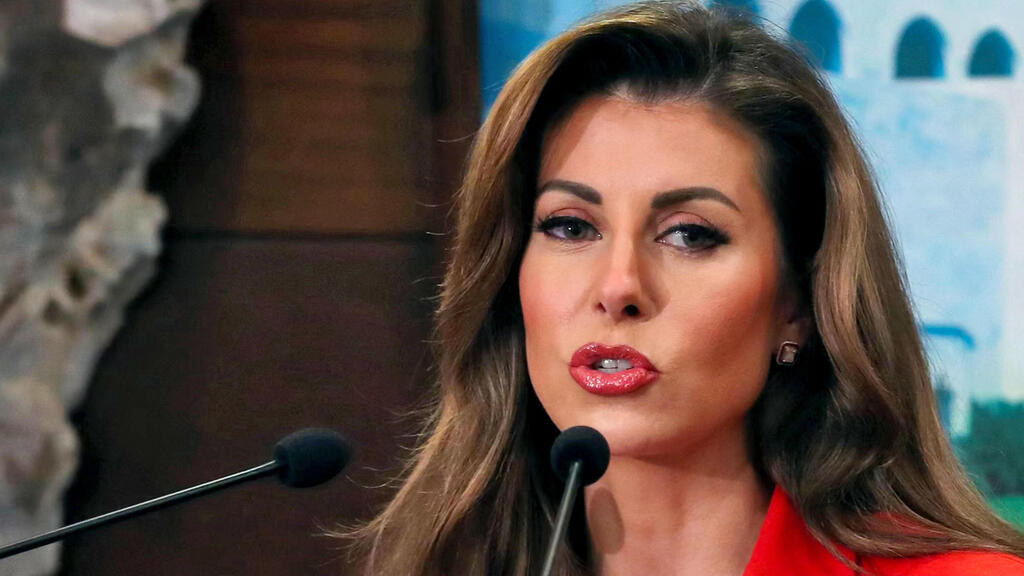Getting your Trinity Audio player ready...
Morgan Ortagus, Deputy to the U.S. Special Envoy for the Middle East, Steve Vitkoff, said Friday that the ceasefire agreement was violated by Lebanon, and Israel had the right to respond.
Morgan condemned Lebanon for failing to restrain Hezbollah and other terrorist organizations from launching rockets into Israel. "The ceasefire was violated by Lebanon, and the Lebanese government must restrain the terrorist groups firing rockets," Ortagus said in an interview with Al-Hadath TV. "We support diplomatic negotiations between Lebanon and Israel. Israel’s withdrawal from five contested points must be part of the negotiations."
Defense Minister Israel Katz warned Lebanon that any further rocket fire would lead to similar Israeli responses. "If there is no calm in Kiryat Shmona and the Galilee, there will be no calm in Beirut," Katz said, emphasizing Israel's right to defend its territory.
Prime Minister Benjamin Netanyahu responded to the Lebanese criticism of Israeli airstrikes, saying that the situation in Lebanon has fundamentally changed. "We will continue to enforce the ceasefire with force. We will strike anywhere in Lebanon against any threat to Israel," Netanyahu declared. “We will not allow any rocket fire, even sporadic, on our settlements.”
Meanwhile, The United States has imposed sanctions on a Lebanon-based network that finances Hezbollah, including five individuals and three companies. The U.S. State Department announced that the network facilitates Hezbollah's commercial projects and oil smuggling operations, undermining Lebanon's stability while strengthening Hezbollah and Iran’s influence in the region.
Israeli strike in Lebanon
(Video: Reuters)
Among those sanctioned are Rashid Kassim al-Bazal, a key financial figure, and Fatima Abdullah Ayyoub, a businesswoman involved in Hezbollah's financial operations. The U.S. also offered a reward of up to $10 million for information leading to disruptions in Hezbollah’s financial systems.
Get the Ynetnews app on your smartphone: Google Play: https://bit.ly/4eJ37pE | Apple App Store: https://bit.ly/3ZL7iNv
“The networks bolster Iran and Hezbollah, harming Lebanon,” the State Department stated. “We will continue using all available tools until Hezbollah no longer threatens the Lebanese people.” The U.S. also underscored its commitment to exposing and disrupting Hezbollah’s funding mechanisms under the National Security Presidential Memorandum 2.
Following the Israeli airstrikes, Lebanese President Michel Aoun, who was in Paris for talks, condemned Israel's actions, calling them a violation of the ceasefire. Aoun suggested that Hezbollah was not responsible for the rocket fire and blamed other groups for attempting to disrupt the situation. He also called for negotiations with Israel but demanded Israel withdraw from five disputed border points and release prisoners.
French President Emmanuel Macron, hosting Aoun in Paris, strongly criticized Israel’s airstrikes. “Today’s attacks are a betrayal. They are unacceptable and play into Hezbollah’s hands,” Macron said, adding that the attacks violated the ceasefire agreement. Macron announced that he would speak with U.S. President Donald Trump and Israeli Prime Minister Netanyahu within the next 48 hours to discuss the escalating situation.





